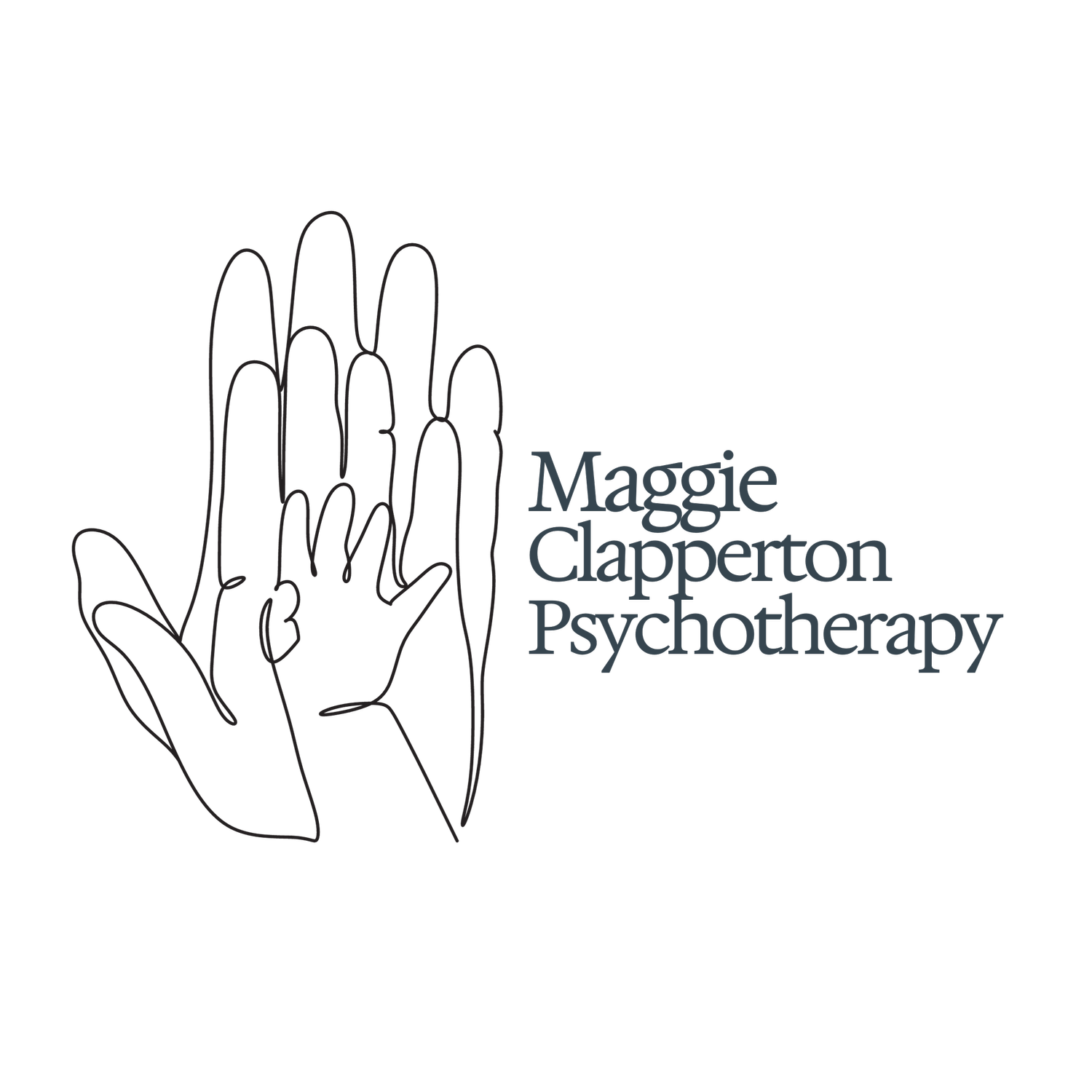Emotion-Focused Individual Therapy (EFIT): A Guide to Healing
In the realm of psychotherapy, various approaches cater to diverse needs and preferences of individuals seeking mental health support. One such approach gaining recognition for its effectiveness is Emotion-Focused Individual Therapy (EFIT). Rooted in the principles of emotion-focused therapy (EFT), EFIT is a therapeutic modality designed to help individuals explore, understand, and regulate their emotions in order to foster healing and personal growth.
Understanding Emotion-Focused Individual Therapy (EFIT)
EFIT operates on the fundamental belief that emotions are central to human experience and play a crucial role in psychological well-being. Developed based on decades of research and clinical practice by Dr. Leslie Greenberg and Dr. Robert Elliott, EFIT focuses on empowering individuals to recognize and effectively manage their emotions. Unlike cognitive-behavioral approaches that primarily target thoughts and behaviors, EFIT delves deep into the emotional core, aiming to facilitate emotional processing and transformation.
In EFIT sessions, therapists create a safe and supportive environment where clients are encouraged to explore their emotions openly and without judgment. Through guided reflection and exploration, clients gain insight into the underlying emotions driving their thoughts and behaviors. Therapists employ various techniques such as empathic listening, validation, and experiential exercises to facilitate emotional awareness and expression.
Benefits of Emotion-Focused Individual Therapy (EFIT)
Emotional Regulation: EFIT equips individuals with the skills to identify, understand, and regulate their emotions effectively. By learning to tolerate and express emotions in a healthy manner, clients develop greater emotional resilience and stability.
Enhanced Self-Awareness: Through the process of emotional exploration, clients gain deeper insights into their inner experiences, including longstanding patterns and underlying motivations. This heightened self-awareness fosters personal growth and empowers individuals to make positive changes in their lives.
Healing Trauma and Emotional Wounds: EFIT provides a supportive space for individuals to process and heal from past traumas and emotional wounds. By acknowledging and working through painful emotions, clients can experience profound healing and release emotional burdens that may have been holding them back.
Improved Interpersonal Relationships: By developing a better understanding of their own emotions, clients are better equipped to navigate interpersonal dynamics and communicate effectively with others. EFIT fosters empathy, compassion, and authenticity in relationships, leading to deeper connections and healthier interactions.
Long-Term Psychological Well-being: EFIT targets underlying emotional issues rather than merely addressing surface-level symptoms, making it particularly effective in promoting long-term psychological well-being. Clients learn valuable skills and coping mechanisms that they can continue to apply in their daily lives even after therapy has ended.
Conclusion
Emotion-Focused Individual Therapy (EFIT) offers a holistic approach to mental health that prioritizes emotional awareness, expression, and regulation. By delving into the core of emotional experiences, EFIT facilitates healing, personal growth, and the cultivation of resilience. Whether addressing past traumas, managing overwhelming emotions, or enhancing interpersonal relationships, EFIT provides a transformative journey towards greater emotional well-being.
If you're interested in exploring EFIT further or seeking support for your emotional well-being, consider reaching out to a qualified therapist experienced in this modality. Your journey to emotional healing and growth begins with the courageous step of seeking support.
Sources:
Greenberg, L. S., & Elliott, R. (2010). Emotion-focused therapy: Coaching clients to work through their feelings. American Psychological Association.
Goldman, R. N., & Greenberg, L. S. (2015). Emotion-focused individual therapy: Treatment principles. American Psychological Association.



